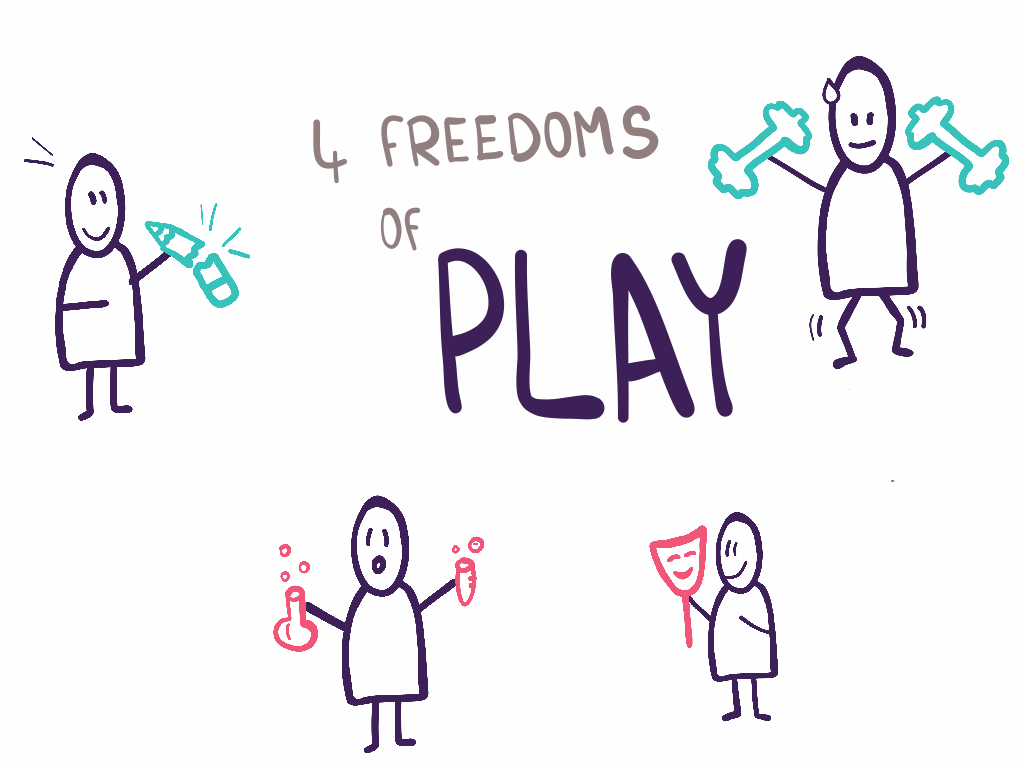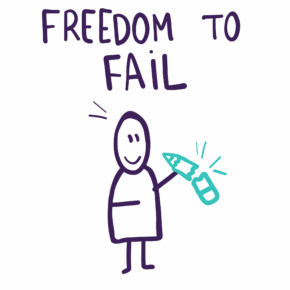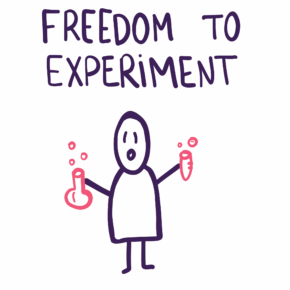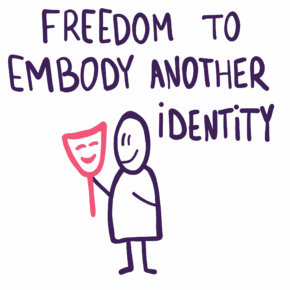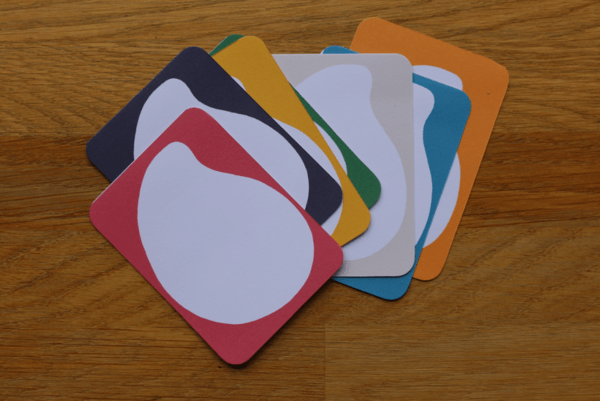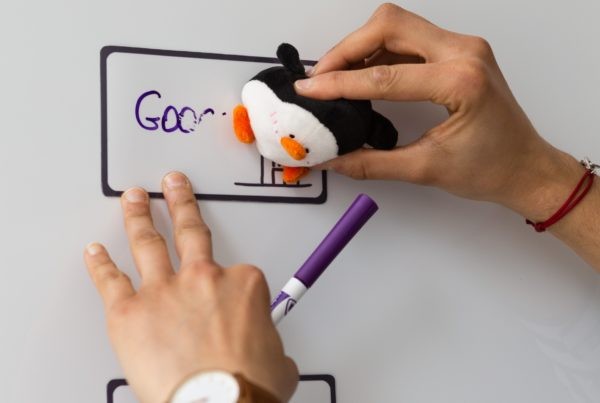What is Play?
As the forms of play are very diversified, it is a difficult question to respond briefly. The 4 Freedoms of Play as described by Scot Osterweil from the Massachusetts Institute of Technology (MIT) is a nice way to reply. In fact, the 4 Freedoms of Play represent what happens when we play. While these freedoms are not all necessarily happening at the same time, they help us understand the benefits of play. We count 4 forms of freedom:
- Freedom to fail
- Freedom to experiment
- Freedom to embody another identity
- Freedom to effort
Let’s take a closer look at them 🧐
Freedom to fail

The freedom to fail is one of the hottest competencies of the century. Failing quickly and making mistakes is a learning process that allows us to get better. Hence, when we play, the freedom to fail is a core element that lets us enter a magic circle where the rules are different from those of the real world. It allows us to build up our own stories and suggest ideas that wouldn’t sound good or appropriate in another context. The freedom to fail leads a group to discuss frankly. It also helps suggesting ideas out of the box without any fear as all the real world consequences don’t exist in the context of play. In other words, it is a great ground for experimentation.
Although, failure can be difficult and integrating playfulness is a nice way to learn to deal with it with joy!
 Freedom to experiment
Freedom to experiment
Having the freedom to fail leads to more experimentation. In fact, when freed from real life consequences and rules, we are more likely and enthusiastic to test new things. And in a business environment making new connections, developing a problem or building a solution are processes and outcomes that are part of experimentation.
You can get started to exert this freedom to experiment, and you can find some inspiration on this other blog of ours.
 Freedom to embody another identity
Freedom to embody another identity
Embodying another identity is the third freedom of play. Of course, it can mean embodying a superhero, a villain or a family member. For instance in a business environnement, it can also be embodying your client, your customers, another inspiring company or your colleagues. Putting yourself in someone else’s shoes is a great way to take a different perspective on a topic, generate ideas and create empathy.
All of this sounds challenging? That’s okay, it’s time to present the freedom to effort!
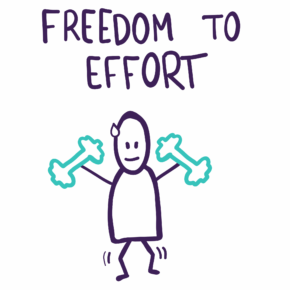
Freedom to effort
And last but not least is the Freedom to effort. It is not the more intuitive freedom when we talk about play because play is usually associated with enjoyment. However, there is no play if there is no challenge (or at least it will quickly become boring). And this is very interesting when we observe people play at work, they almost don’t talk about fun. Some intense play time requires engagement and effort, and brings the best rewards!
In conclusion, experimentation, failing and learning from it, having more empathy and taking others’ points of view into account are key competencies for individuals and organizations. They’re not easy to implement and this is why play can help you facilitate these changes!
To help you get started understood more what is play, you can check out our online class, Basics of Play at Work.

